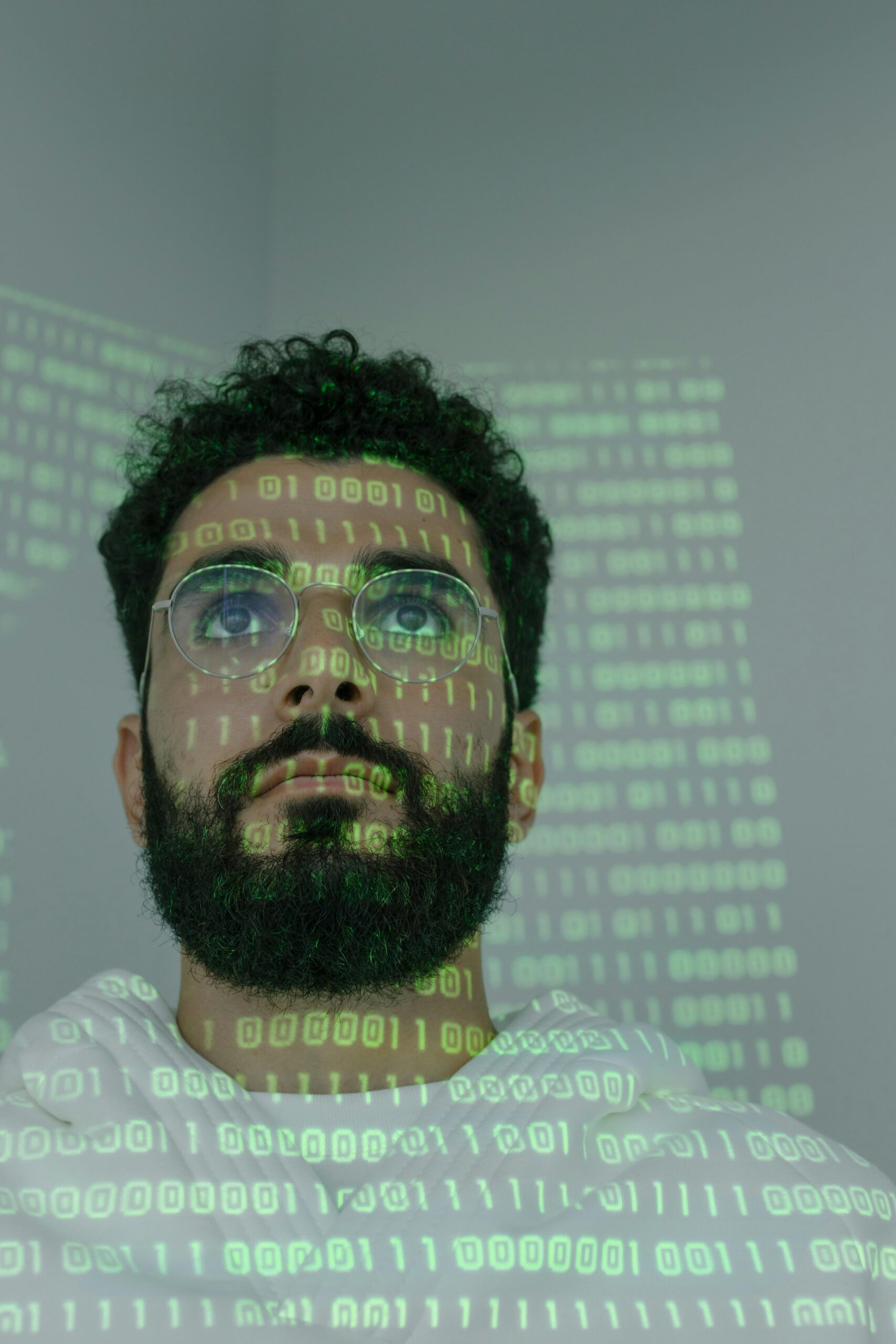# Introduction
Imagine living in a fortress with walls so intelligent; they adapt to counter every new siege tactic. In today’s digital era, our data is that precious fortress, and Artificial Intelligence (AI) is the vanguard leading the charge in cyber security. As cyber threats evolve with bewildering speed, the role of AI in protecting our digital domains has never been more crucial. With cyber-attacks becoming more sophisticated, AI-driven security measures are not just an advantage; they are imperative. Here, we will explore how AI is transforming our cyber defenses, examine its latest applications, and peek into the future of digital security.
# Table of Contents
1. [AI-Driven Threat Detection](#AI-Driven-Threat-Detection)
2. [Automated Response and Resolution](#Automated-Response-and-Resolution)
3. [Intelligent Vulnerability Management](#Intelligent-Vulnerability-Management)
4. [Beyond Prevention: Predictive Security](#Beyond-Prevention-Predictive-Security)
5. [The Ethics of AI in Cyber Security](#The-Ethics-of-AI-in-Cyber-Security)
6. [The Future of Cybersecurity Warfare](#The-Future-of-Cybersecurity-Warfare)
7. [Preparing for Tomorrow’s Cyber Security Landscape](#Preparing-for-Tomorrow’s-Cyber-Security-Landscape)
8. [Conclusion](#Conclusion)
# AI-Driven Threat Detection
Understanding AI’s Role in Threat Detection
In the ever-evolving battle against cyber threats, AI offers unparalleled speed and efficiency in detecting potential risks. By analyzing vast datasets and identifying patterns indicative of malicious activity, AI systems can raise alarms long before traditional methods would.
Real-World Success Stories
Take, for example, AI’s role in identifying and curtailing the spread of ransomware. By recognizing the unusual file encryption patterns, AI can help isolate incidents rapidly, mitigating the spread and impact of the attack.
# Automated Response and Resolution
The Power of Immediate Reaction
AI’s ability to enact real-time responses to detected threats has significantly reduced the window of opportunity for cyber attackers. The technology can automatically block suspicious activities or quarantine affected systems to prevent further damage.
Case Study: AI in Incident Management
Consider the scenario where an AI system can not only detect but also immediately patch a security vulnerability, effectively closing the door on potential exploits. This automated response is vital, as it minimizes downtime and reduces the burden on human security teams.
# Intelligent Vulnerability Management
Prioritizing Threats with AI
With innumerable potential vulnerabilities present across different systems, AI helps prioritize risks based on their likelihood of being exploited and the potential impact. This way, businesses can smartly allocate their resources to address the most critical vulnerabilities first.
Enhancing Security Protocols Through Learning
As AI learns from past incidents and security updates, it continually refines the defensive strategies, ensuring that the system’s vulnerability management is proactive rather than reactive.
# Beyond Prevention: Predictive Security
The Paradigm of Prediction
AI’s true prowess lies not just in defense but in anticipating and forestalling attacks before they occur. Predictive security models allow organizations to prepare defenses against emerging cyber threats.
Anticipating Future Attacks with AI
Imagine an AI system that not only understands the current threat landscape but can also predict attack vectors and techniques that might be used in future assaults. This foresight allows companies to strengthen their security postures preemptively.
# The Ethics of AI in Cyber Security
Navigating the Moral Maze
The integration of AI in cyber security doesn’t come without ethical considerations. Issues surrounding privacy, consent, and the potential for AI-driven surveillance are hot topics that must be carefully addressed.
Defining the Boundaries
It is vital to set clear ethical guidelines to ensure that the use of AI in cyber defense respects individual rights and does not overstep legal boundaries. This involves ongoing discussions and policy-making efforts from industry leaders and regulators alike.
# The Future of Cybersecurity Warfare
A New Era of Digital Protection
As cybercriminals leverage AI for malicious purposes, the good guys are also arming themselves with better, smarter AI. The battle is set to escalate, and the future may bring AI-IS based defenses that act without human intervention.
Preparing for AI-Augmented Threats
Proactive strategies will be mandatory as we brace for an era where threats are AI-augmented. The continuous evolution of defensive AI will be a critical factor in maintaining the upper hand in this ongoing cyber warfare.
# Preparing for Tomorrow’s Cyber Security Landscape
Laying the Groundwork Today
For businesses and individuals alike, the time to invest in AI-driven cyber security is now. Understanding the capabilities and developing strategies to incorporate AI effectively will be a decisive factor in staying secure in a digital future.
The Importance of Collaboration and Adaptation
A collective effort across industries to share knowledge and advancements in AI cyber defenses can accelerate the development of robust security measures. Organizations must remain adaptable as the nature of the threats themselves evolves.
# Conclusion
As we have explored, AI stands as the vanguard of cyber security, ready to defend our digital realms with predictive prowess, automated responses, and intelligent management of vulnerabilities. It is an exciting time and a critical juncture for businesses, individuals, and society to acknowledge the potential and challenges of AI in securing our digital future. Preparing and adapting to this new age of cyber security – with all its ethical considerations and technological marvels – is not just advantageous; it is essential. Remember, the time to fortify our digital fortresses with intelligent defenses is before the enemy is at the gates, not after.



